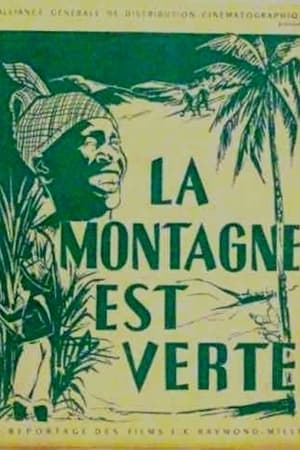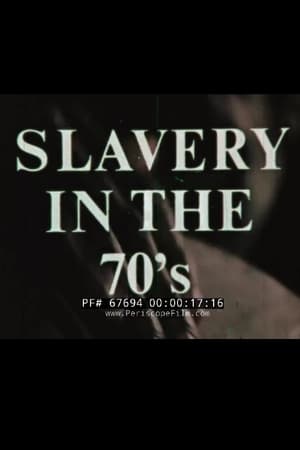
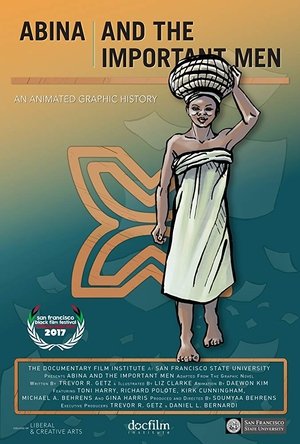
Abina and the Important Men(2017)
In this evocative animated drama based on a true story, Abina, a tenacious young girl in 1876 West Africa, defies the remnants of colonial slavery and embarks on a perilous journey to reclaim her freedom.
Set against the backdrop of the Gold Coast of West Africa in 1876, "Abina and the Important Men" follows the harrowing true story of Abina Mansah, a young girl who is enslaved and struggles against the British colonial system that seeks to control trade and manipulate local customs for its own benefit. Despite the abolition of slavery, Abina finds herself trapped in a society where the trade in slaves, particularly children, persists under the guise of protectorate laws. After being sold and forced to marry against her will, Abina flees to seek her freedom and confronts the British legal system. Her battle for justice is a poignant narrative that exposes the hypocrisy of the colonial powers and the resilience of those who fought against their oppression. Told through stunning animation, the film is a compelling historical drama that delves into the complexity of freedom, colonialism, and the human spirit's unyielding desire for autonomy and dignity.
Movie: Abina and the Important Men
Top 6 Billed Cast
Narrator / Woman in Market
Abina
Eccoah Coom
Man in Market / Quamina Eddoo
Magistrate William Melton
Constable Moosa

Abina and the Important Men
HomePage
Overview
Set against the backdrop of the Gold Coast of West Africa in 1876, "Abina and the Important Men" follows the harrowing true story of Abina Mansah, a young girl who is enslaved and struggles against the British colonial system that seeks to control trade and manipulate local customs for its own benefit. Despite the abolition of slavery, Abina finds herself trapped in a society where the trade in slaves, particularly children, persists under the guise of protectorate laws. After being sold and forced to marry against her will, Abina flees to seek her freedom and confronts the British legal system. Her battle for justice is a poignant narrative that exposes the hypocrisy of the colonial powers and the resilience of those who fought against their oppression. Told through stunning animation, the film is a compelling historical drama that delves into the complexity of freedom, colonialism, and the human spirit's unyielding desire for autonomy and dignity.
Release Date
2017-06-16
Average
0
Rating:
0.0 startsTagline
In this evocative animated drama based on a true story, Abina, a tenacious young girl in 1876 West Africa, defies the remnants of colonial slavery and embarks on a perilous journey to reclaim her freedom.
Genres
Languages:
EnglishKeywords
Similar Movies
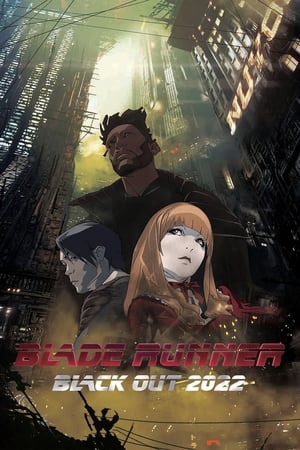 7.1
7.1Blade Runner: Black Out 2022(en)
This animated short revolves around the events causing an electrical systems failure on the west coast of the US. According to Blade Runner 2049’s official timeline, this failure leads to cities shutting down, financial and trade markets being thrown into chaos, and food supplies dwindling. There’s no proof as to what caused the blackouts, but Replicants — the bio-engineered robots featured in the original Blade Runner, are blamed.
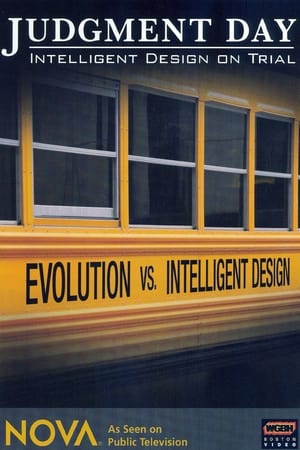 9.3
9.3NOVA: Judgement Day - Intelligent Design on Trial(en)
In this two-hour special, NOVA captures the turmoil that tore apart the community of Dover, Pennsylvania in one of the latest battles over teaching evolution in public schools. Featuring trial reenactments based on court transcripts and interviews with key participants, including expert scientists and Dover parents, teachers, and town officials, "Judgment Day: Intelligent Design on Trial" follows the celebrated federal case of Kitzmiller v. Dover School District.
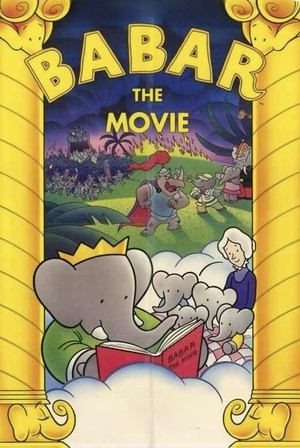 5.8
5.8Babar: The Movie(en)
Children's book authors Jean and Laurent de Brunhoff's most beloved elephant comes to the big screen in this animated family tale. Elephant monarch King Babar tells the tale, that unfolds via flashback, of how a much-younger Barbar and his girlfriend Celeste save her village from the pugnacious rhinoceroses that have come to raid it.
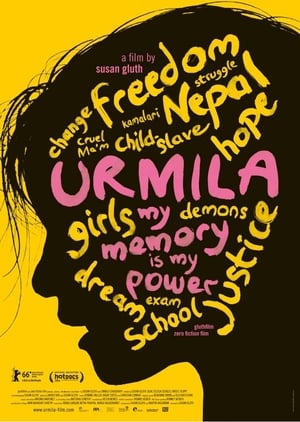 0.0
0.0Urmila - Für die Freiheit(en)
The film tells the story of 25-year-old Urmila Chaudary from Nepal. At the age of six she was sold by her family and was forced to work as a slave under appalling conditions for 12 years. Her dream is to end child slavery in Nepal. To this end she fights today as a freedom activist. A film about the quest for justice with a strength that gives courage and hope.
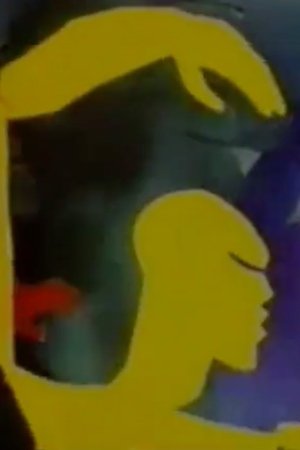 0.0
0.0A Lesson in History(en)
Lesson in History was produced when Peters was a student at the West Surrey School of Art and Design. Having read The People Could Fly by Virginia Hamilton, she was inspired to make what she describes as 'the stories of black achievement and how stories had not been told.' The animated film was subsequently screened on the BBC as part of the series 10X10. It was shot on 16mm using cutouts, photography and masks.
 4.4
4.4Slave Trade in the World Today(it)
The film documents modern slave trade through a number of African countries, under dictatorship rule. The filming was conducted both in public places, and sometimes with the use of hidden cameras, for high impact scenes of nudity, sex, and violence - and a few surprises, as slaves made out of peregrins to Asia, and slave traders paid in traveller checks.
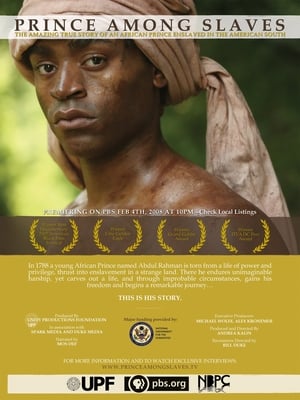 6.0
6.0Prince Among Slaves(en)
Abdul Rahman, an African prince who was sold into slavery, spent four decades in servitude before an amazing coincidence took him to the White House to meet President John Quincy Adams, where he was granted his freedom. Mos Def narrates this PBS documentary that includes reenactments of scenes from Rahman's life and interviews with historians who discuss the conditions faced by slaves in early America.
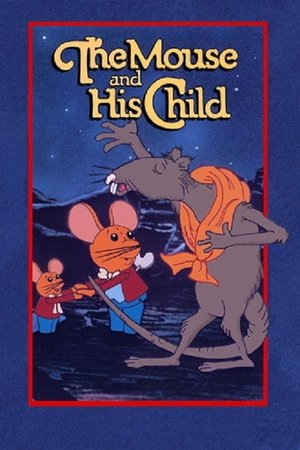 5.8
5.8The Mouse and His Child(en)
A mouse and his child, the two parts of a single small wind-up toy, go on a quest to become "self-winding".
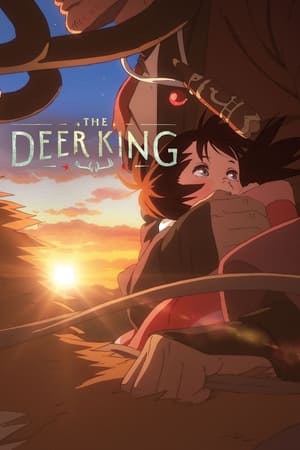 6.4
6.4The Deer King(ja)
Following a brutal war, former soldier Van toils in a mine controlled by the ruling empire. One day, his solitary existence is upended when a pack of wild dogs carrying a deadly and incurable disease attack, leaving only Van and a young girl named Yuna as survivors. Finally free, the pair seek out a simple existence in the countryside but are pursued by nefarious forces. Intent on protecting Yuna at all costs, Van must uncover the true cause of the plague ravaging the kingdom—and its possible cure.
OJ: Trial of the Century(en)
OJ: TRIAL OF THE CENTURY, premiered on June 12, 2014 and it chronicles the twists and turns of the OJ Simpson murder trial and allows viewers to relive every moment of the investigation first-hand.
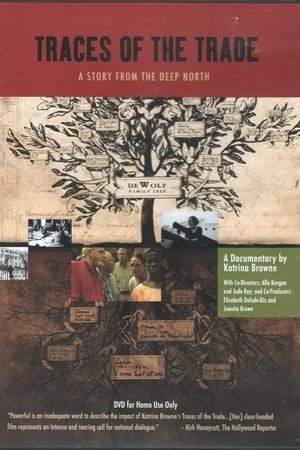 0.0
0.0Traces of the Trade: A Story from the Deep North(en)
A descendant of the largest slave-trading family in U.S. history, filmmaker Katrina Browne explores the contemporary legacy of slavery by traveling with fellow descendents from Rhode Island to Ghana and Cuba, retracing the Triangle Trade route. Along the way, Browne and her companions meet with similarly interested travelers and discover the considerable importance slavery once had for Northern commerce.
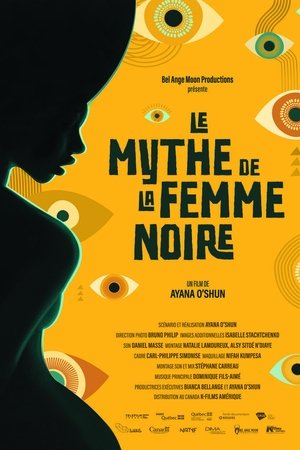 8.0
8.0The Myth of the Black Woman(fr)
The Myth of the Black Woman is a feature-length documentary that examines the imagery of black women in the media, from the 18th century black slave to Michelle Obama. It is an investigation into how stereotypes originate from slavery and still affect the lives of black women in Quebec. These stereotypes include Jezebel (the seductress, the femme fatale); Mammie (the obese woman, the asexual mother figure) and Sapphire (the angry, ambitious and arrogant black woman). This story will be told by black women on whom stereotypes have a high impact, through interviews with fascinating experts, and through archival footage from centuries past to the present.
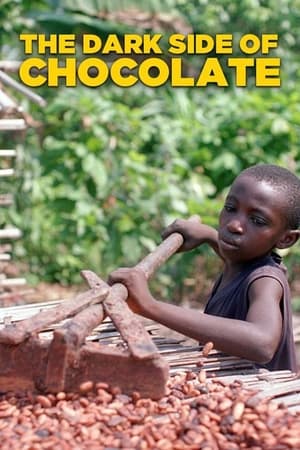 7.0
7.0The Dark Side of Chocolate(en)
A team of journalists investigate how human trafficking and child labor in the Ivory Coast fuels the worldwide chocolate industry. The crew interview both proponents and opponents of these alleged practices, and use hidden camera techniques to delve into the gritty world of cocoa plantations.
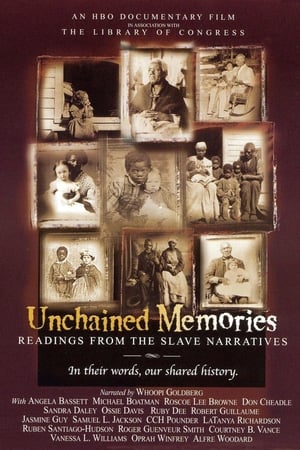 5.9
5.9Unchained Memories: Readings from the Slave Narratives(en)
When the Civil War ended in 1865, more than four million slaves were set free. Over 70 years later, the memories of some 2,000 slave-era survivors were transcribed and preserved by the Library of Congress. These first-person anecdotes, ranging from the brutal to the bittersweet, have been brought to vivid life in this unique HBO documentary special, featuring the on-camera voices of over a dozen top African-American actors.
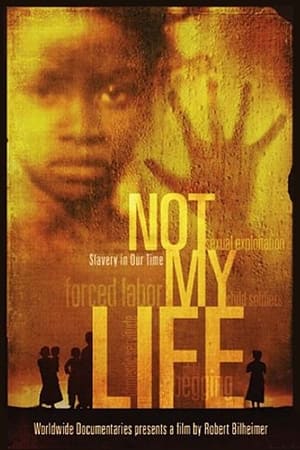 0.0
0.0Not My Life(en)
Not My Life comprehensively depicts the cruel and dehumanizing practices of human trafficking and modern slavery on a global scale. Filmed on five continents, in a dozen countries, Not My Life takes viewers into a world where millions of children are exploited through an astonishing array of practices including forced labor, sex tourism, sexual exploitation, and child soldiering.
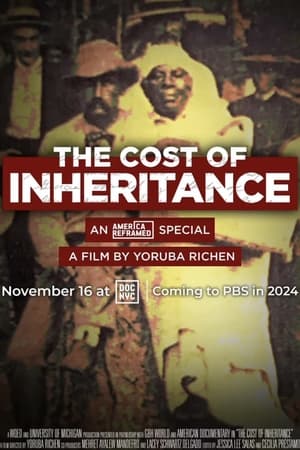 0.0
0.0The Cost of Inheritance(en)
The decades-long debate surrounding reparations is fraught, mired in racial tension and the semantics of restorative justice. While the national conversation remains stalled due to legislative inaction, communities across the country examine their histories and take it upon themselves to arrange their own form of reparations. This detailed investigation of restitution presents accounts of everyday people confronting the past and exploring the possibilities of wealth transfer.
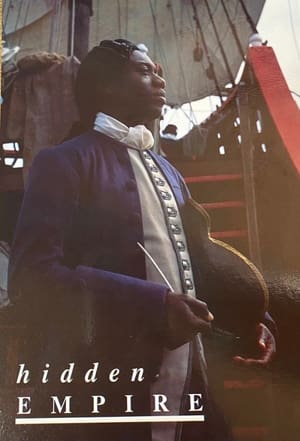 0.0
0.0A Son of Africa: The Autobiography of a Slave(en)
A documentary following the life of Olaudah Equiano, based on his autobiography "The Interesting Narration of the Life of Olaudah Equiano, or Gustavus Vassa the African".
